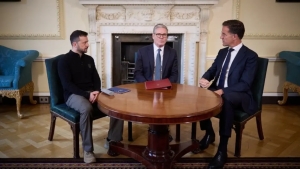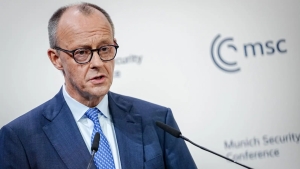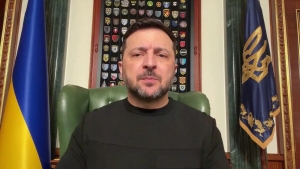Voice calls have been restricted on Telegram and WhatsApp in Russia

Partial restrictions have been imposed on voice calls in Telegram and WhatsApp messengers in Russia. This was reported by Zamin.uz.
This was announced by the Federal Service for Supervision of Communications, Information Technology and Mass Media of Russia, known as Roskomnadzor. According to the organization, these measures were adopted to combat crime and following numerous appeals from citizens.
Recently, fraud and dangerous calls have increased specifically through voice calls. According to Roskomnadzor, there have been many cases of deceiving citizens, extorting money, as well as involving them in sabotage and terrorist activities via these messengers.
For this reason, several demands were sent to the owners of Telegram and WhatsApp to take measures against crime, but they were not fulfilled. As a result, the restrictions apply only to voice calls, while other functions such as text messaging and file sharing continue to operate.
Additionally, starting from 2024, calls made through number spoofing are being blocked by operators in Russia via the “Antifraud” system. However, an increase in calls through messengers that do not meet security requirements has been noted.
The WhatsApp press service provided information about the end-to-end encryption system, emphasizing that this system is designed so that only the sender and receiver can read the data, and that it resists government attempts to breach secure communication. Therefore, the Russian government is trying to impose restrictions on over a hundred million users in the country.
The Telegram press service stated that the platform is actively fighting against harmful activities. They are working to ensure user safety by monitoring public channels with artificial intelligence tools, deleting millions of harmful messages daily, and implementing privacy settings for calls.
Furthermore, according to Downdetector data on August 11, widespread technical malfunctions occurred on WhatsApp and Telegram. The number of complaints from Russian users has sharply increased since August 10, mostly concerning connection interruptions during video calls.
According to statistics from the Central Bank of Russia as of February 2025, 45.6% of fraud cases were committed via mobile communication, and 15.7% through messengers. Experts believe that the imposed restrictions may stop some dangerous schemes but could negatively affect users’ freedom of daily communication.







